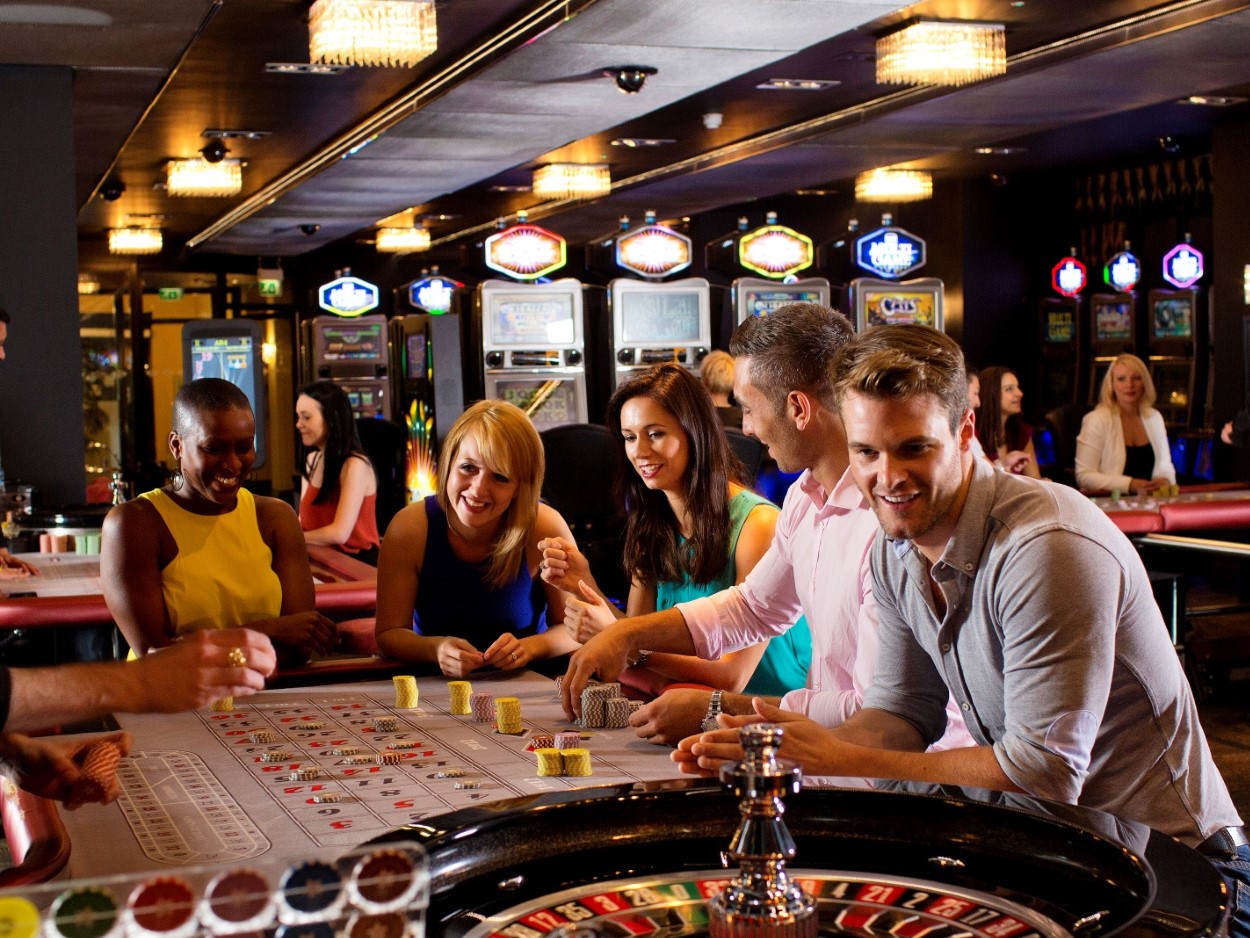
In the lively world of gambling games, few games evoke as much thrill and intrigue as the game of roulette. This timeless game, with its rotating wheel and rolling ball, has engaged players for ages, blending the excitement of luck with the allure of tactical play. As players gather around the felt-covered table, the atmosphere thrums with excitement, each bet a balancing act between danger and reward.
Roulette stands out not only for its simplicity but also for the strategic depth it offers. While the result is ultimately dictated by chance, experienced players know that certain strategies can influence their chances of success. Whether you are a seasoned player or a beginner drawn by the flashing lights of the gambling hall, understanding the nuances of roulette can enhance your experience and potentially lead to rewarding outcomes. In this piece, we will delve into the dynamics of roulette, examining how luck and strategy combine to forge one of the most renowned casino games around the world.
Grasping Roulette
Roulette is a traditional casino game that merges elements of luck and strategy, rendering it a favored selection among players worldwide. Hailing from the 1500s French lands, it has transformed into several versions, including U.S., European, and French roulette. Each version features a turning wheel with numerical pockets, where players place their bets on the likely outcomes of a ball landing in one of these pockets.
The essence of roulette lies in its straightforwardness. Players have the choice to bet on a single number, a set of numbers, or colors, such as crimson or ebony. The betting layout on the table offers a range of wagering choices, allowing participants to participate according to their risk tolerance and strategies. As the dealer spins the wheel and drops the ball, the anticipation builds, ultimately creating an electric atmosphere to the casino floor.
While roulette may appear largely controlled by chance, many players develop strategies to enhance their chances of winning. Some frequently used strategies include the Martingale system, where players double their bets after losses, and the Fibonacci strategy, which involves betting based on the famous Fibonacci sequence. Regardless of the method applied, grasping the rules and probabilities of the game is crucial for any player seeking to make wise decisions at the roulette table.
Tactics for Victory
When gambling roulette, one of the most successful strategies is the Martingale system. This strategy involves doubling your bet after each loss, which means that when you ultimately win, you will recover all your previous losses and gain a return equal to your original bet. While this strategy can be enticing, it needs a substantial bankroll and comes with the risk of hitting table limits, which could stop you from carrying on to double your bets.
Another frequent strategy is the Fibonacci method, which is based on the famous Fibonacci sequence. In this method, players increase their bets according to the sequence after a loss, and reduce them after a win. This approach allows for more organized betting, potentially lowering the risk of significant losses. While it does not guarantee a win, it can help manage your bankroll effectively and create a more systematic betting environment.
Finally, the D’Alembert method offers a different tactic by adjusting your bets in incremental increments. After a loss, you increase your bet by one unit, and after a win, you decrease it by one unit. This strategy aims to equalize wins and losses over time, making it a more secure alternative for players who favor a more cautious approach. By implementing these strategies, players can boost their gameplay and increase the chances of success at the roulette table.
The Role of Fortune in Casino Gaming
Luck plays a crucial role in the nature of gambling games, particularly in games like craps where outcomes are inherently unpredictable. Players make their bets with the understanding that the result is determined by random factors, such as the spin of the wheel and the bouncing ball. This chance adds an exciting element to the experience, as each round provides a unique opportunity to win or fail. Comprehending that the game is governed by luck helps to shape player expectations and strategies. okwintvokwintv trực tiếp bóng đá
While fortune is a significant factor, the influence of luck extends beyond mere winning and losing. It serves as a important reminder of the inherent risks involved in gambling. xem bóng đá okwintv Players often grapple with the temptation to believe that certain trends or streaks can predict future outcomes, yet the truth is that each spin of the roulette wheel independent. This randomness can lead to frustration, but it also fuels the excitement that keeps players returning to the tables.
Ultimately, the essence of gambling lies in striking a balance between chance and strategy. While players can use different strategies and betting systems in an attempt to gain an edge, the element of luck ensures that no approach can secure success. This dynamic relationship between skill and chance is what defines the allure of games of chance, creating an environment where every player hopes to beat the odds.
